‘I think the hardest thing is when people are eventually found that have been lonely’: Pamela Joice
The worst part of being a crime scene, trauma cleaner is realising how many people lay dead, undiscovered, for days, weeks and even months — with a “decomposition clean” most days.
Police & Courts
Don't miss out on the headlines from Police & Courts. Followed categories will be added to My News.
If ever there was cause to say “it’s dirty work but someone has to do it”, it’s surely in the case of crime scene and trauma cleaners.
Charged with cleaning up the most horrific — and at times tragic — of death messes, the most elite of cleaners need not only superior skills but strong stomachs.
Rarely is the job as quick and easy as seen in movies, TV shows and hit series like CSI and Ozark, as evidenced by the plethora of videos now on social media platforms, posted by real crime scene cleaners.
It’s hot, tedious, hard physical work that can last for days, and definitely not for the faint-hearted.
It is, however, enormously rewarding, insists head of Melbourne-based National Trauma Crime Scene Cleaning, Jerry Cook.
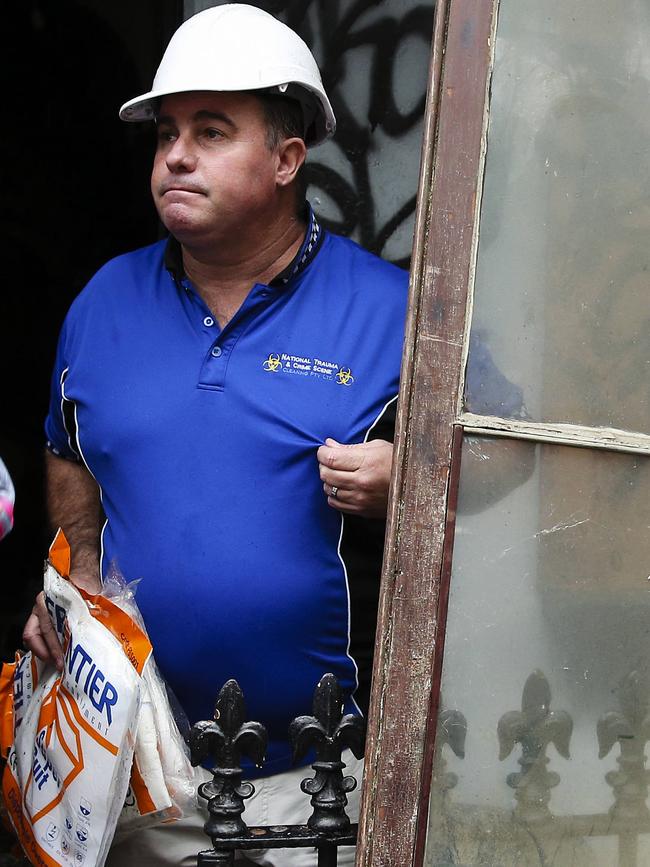
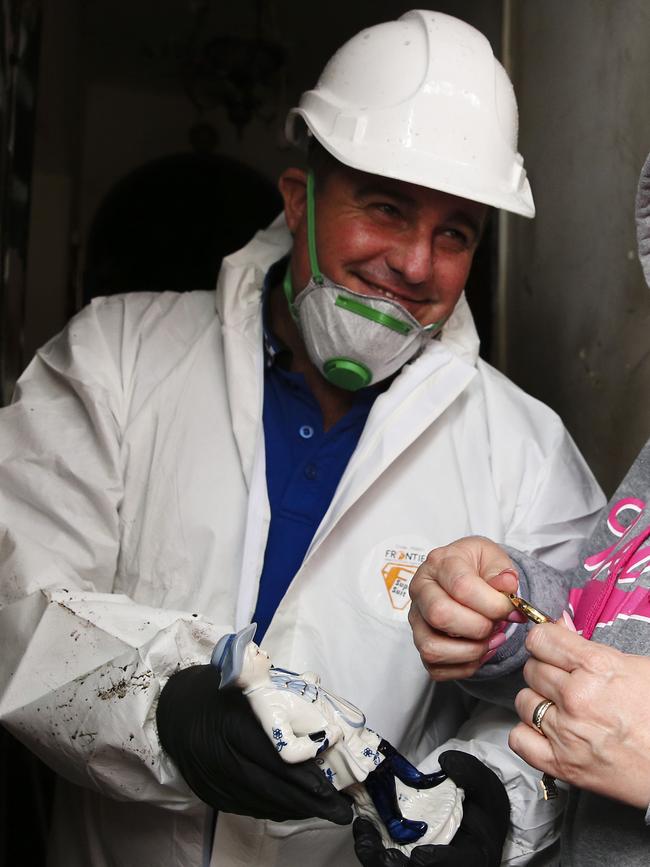
Starting out in carpet cleaning at 18, Mr Cook quickly moved to water and fire damage restoration and odour removal work, before getting into the trauma cleaning game.
Now aged 53, 80 per cent of his company’s work is trauma and crime scene cleaning — a lot of it related to badly decomposed bodies — with the remaining 20 per cent cleaning hoarder homes.
Most work comes his way via family members of the deceased and police.
And after decades in the industry, it is dealing with the aftermaths of decomposition that he finds most “challenging” but also satisfying.
The general public would be surprised, Mr Cook says, at the number of people who die in their homes and remain there — with nobody missing them — for days, weeks and even several months.
With a business that operates across multiple states, seven-days-a-week, 24-hours-a-day, he says there are decomposition cleans requested most days.
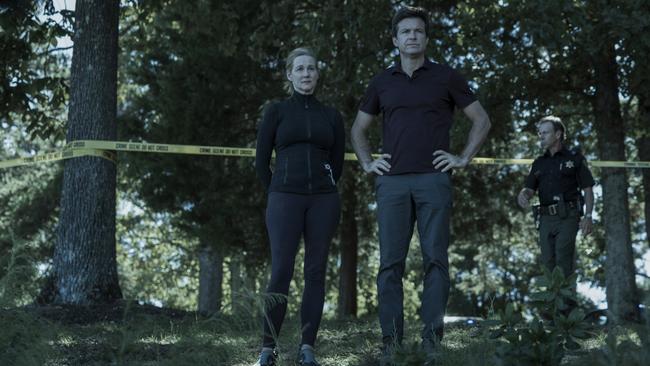
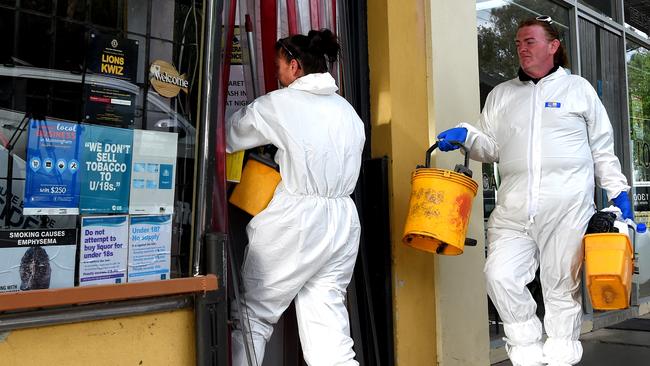
“Somewhere, in one state, our teams will be doing decomposition work,” Mr Cook said.
“But it’s like any job — like nurses and doctors and how they get desensitised to a certain procedure and certain things.
“I know it’s gruesome to a lot of people and quite intense but after a while you do get used to it. We’re there to help and get it all cleaned up and get the job done. It’s no different to a doctor doing their job. You are just professional about it,” he said.
Nevertheless there are some jobs that will stay with him, and those that “pull on the heartstrings”, especially suicides.
“There are many jobs where I have thought ‘God how did this happen, what happened here? That shouldn’t have happened’. Dozens and dozens of them,” he said.
There were more stabbings these days than there used to be, and also more alcohol-fuelled violence and unintended deaths, he added.
“Alcohol is a very, very big issue. People think that it’s drugs getting worse and worse but I’ll tell you what, it’s alcohol and alcoholism. People just drink themselves silly and then some suicide and others die from alcohol poisoning and that sort of thing,” Mr Cook said.
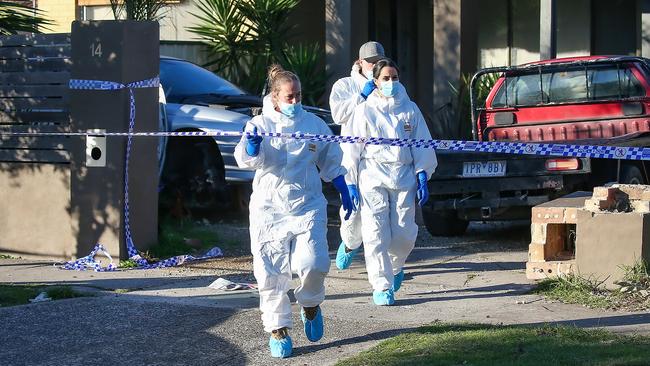
For general manager of Trauma Clean Australia, Pamela Joice, it’s the post-suicide cleans that are hardest, especially if the deceased are young and the family had no clue as to their state of mind before their death.
“It can be very confronting but at the end of the day my thoughts are with the family,” she said.
“I can’t fix what’s happened but I can try and make the situation for the family slightly better — as best for them as possible anyway.”
She also finds decomposition cleans terribly sad at times.
“I think the hardest thing I find is when people are eventually found that have been lonely, and they’re not found until a few months later, where they’ve passed away on their own.
“That’s quite hard. It’s really made me aware that we do need to check in on our family members.”
Ms Joice, 56, changed careers from executive assistants to CEOs in the public and private sectors to trauma and crime scene cleaning eight years ago when she undertook her initial training for the job.
She joined the founder of Trauma Clean Australia, Ashley Hood, about five years ago.
Because it’s a small, tight-knit team, both she and Mr Hood regularly got their “hands dirty”, helping out at cleaning scenes, Ms Joice said.
It’s work she enjoys and hopes and believes she’s good at, especially dealing with bereaved loved ones.
She’s also always considered herself a good and efficient cleaner, and had a desire to do worthy work that helps others.
Catering to a growing fascination for true crime and the macabre, some crime scene cleaners like Biggie Clean in the United States have millions of TikTok followers while others such as Sadie’s Pro Cleaning have hundreds-of-thousands.
Their videos range from explaining the complexity of cleaning hot tubs after a person has died in them, to restoring rooms or beds that someone has laid dead in for days or weeks, to bloody and gruesome intentional and accidental death scenes.
Mr Cook’s National Trauma Crime Scene Cleaning has recently moved into the social media space too, but very cautiously.
He dislikes the “show-it-all” videos from U.S. crime scene cleaners because of the distress it could cause to victim’s families.
“We’re very aware of people’s feelings and we try to be very discreet and have 100 per cent written permission on every image we put up on social media,” Mr Cook said.
“What they are doing over there (in the United States) on social media is disgusting in my opinion. They should show some respect.




